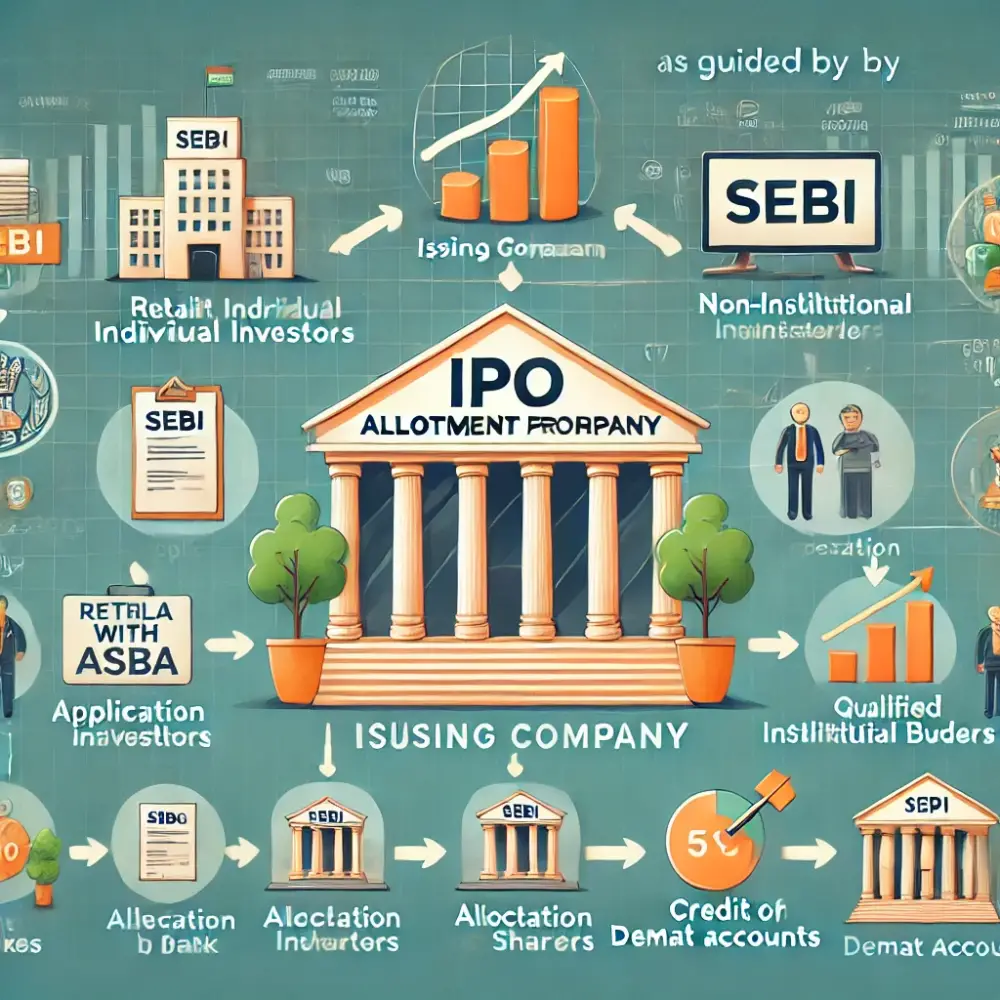Critical Role of Oceans in Ecosystem: Why Marine Life is in Danger and How We Can Protect Them on Earth Day

Critical Role of Oceans in Ecosystem: Why Marine Life is in Danger and How We Can Protect Them on Earth Day
The Importance of Protecting Our Oceans
Oceans play a critical role in the health of our planet's ecosystem. They are home to millions of different species and provide a vital source of food, oxygen, and major source of water. Unfortunately, there are too many threats that are endangering the survival of marine life. Overfishing, pollution, and climate change are just a few examples of human's contribution to the destruction of marine life.
Here are some more details on each of these factors:
-
Pollution: Human activities like industrial and agricultural practices, shipping, and tourism generate a significant amount of pollution that ends up in the ocean. This pollution can cause harm to marine life by contaminating their habitats, disrupting their food chains, and causing health problems.
-
Overfishing: Overfishing occurs when fish populations are caught faster than they can reproduce, leading to a decline in their numbers. This can lead to imbalances in marine ecosystems and have negative impacts on the food chain.
-
Climate Change: The ocean is a critical regulator of the Earth's climate, but it is also affected by climate change. The ocean is becoming warmer and more acidic, which is impacting the growth and survival of many marine species.
-
Habitat Destruction: Human activities like coastal development, dredging, and bottom trawling can all destroy or damage the habitats of marine life, reducing their ability to survive and reproduce.
To protect oceans and marine life, there are several things we can do. Here are a few examples:
-
Reduce pollution: We can reduce pollution by using fewer single-use plastics, properly disposing of hazardous waste, and supporting policies and regulations that limit pollution.
-
Consume sustainable seafood: We can support sustainable fishing practices by choosing seafood that is sustainably caught or farmed, and avoiding fish that are overfished or caught in ways that harm other marine life.
-
Address climate change: We can work to reduce our carbon footprint by using renewable energy, reducing our energy consumption, and supporting policies and initiatives that address climate change.
-
Protect habitats: We can support efforts to protect and restore marine habitats, such as coral reefs and wetlands, and advocate for the preservation of critical marine areas.
Overall, protecting oceans and marine life is crucial for the health of the planet and the well-being of future generations. By taking action to reduce pollution, address climate change, and protect habitats, we can help ensure that these precious resources are preserved for years to come.
As we celebrate Earth Day, it is vital to recognize the critical role our oceans play in the health of the planet and the importance of protecting them for future generations. By making small changes in our daily lives and supporting sustainable practices, we can all take action to protect our oceans and ensure their continued health and vitality.




